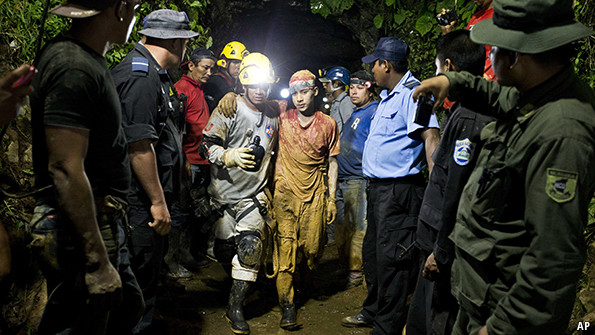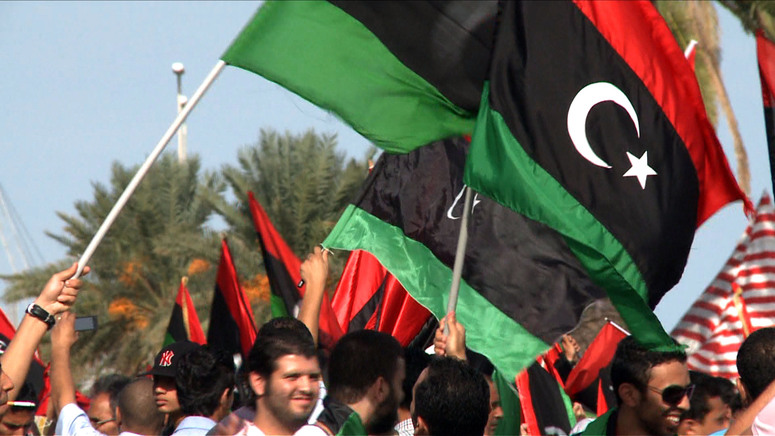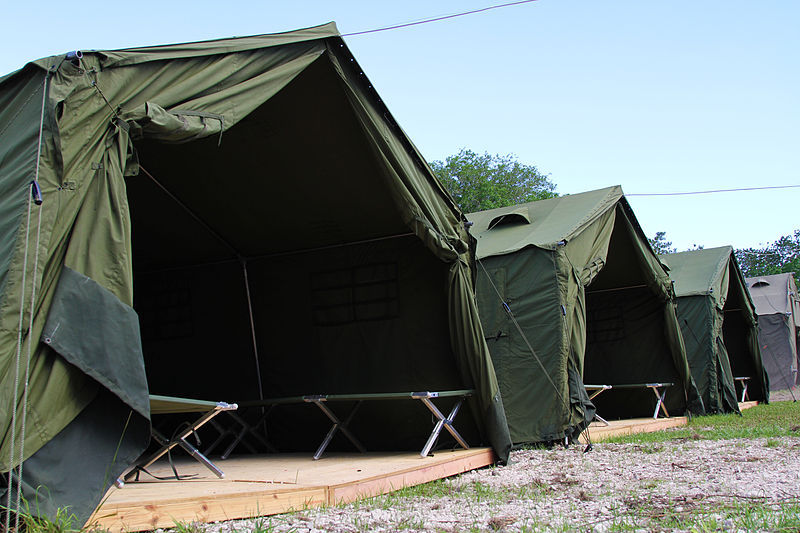In early 2014, Columbia’s Minister for Policy and International Affairs, Mr. Jorge Enrique Bedoya, called for the country to toughen its laws regarding illegal mining, and to consider the act be categorized as an international crime. It has been nearly a year since such statements were made, and since then, Columbia has made significant progress in its effort to combat illegal mining, meaning that those who engage in such activity will face political consequences much more severe than might otherwise be expected.

The Andean Community of Nations has agreed to consider implementing procedures aimed at combating illegal mining, and its efforts have been backed by Ecuador, Peru and Bolivia, nations which have agreed to destroy any property or machinery related to illicit mining.
South American officials have long labeled illicit mining as “the new cocaine”, as it is known for contributing to a huge underground financial market. Peru, currently one of the world’s largest exporters of cocaine, has generated 15% more in profits from illicit mining then from drug trafficking.
In addition to Peru, Venezuela and Brazil have also made mention that they are obtaining higher profits from illicit mining than from drug trafficking, resulting in ecological damage which is even greater than the damage caused by the drug cartel. Being heavily tied to illicit mining, Venezuela and Brazil are now paying the environmental consequences caused by their country’s drug cartel. Illicit gold mining has already destroyed more than 40,000 hectares of the Amazon, nearly double the damage from last year.
Canadian mining giant Barrick Gold Corporation is the world’s largest producer of gold and is well acquainted with the realm of illicit mining. In their forum on illicit mining, Barrick Gold discusses the major aspects of unlawful activity, particularly the ones that take place on their mine site in Porgera, Papua New Guinea. The Porgera Valley is a region riddled with poverty, which one might consider a central basis for their participation in the crime.
Barrick Gold began their operations in this region in 1990, and since then both the population of squatters and violent crime have increased tenfold. Those in this region who face poverty look to the open pits of the Porgera operation as a ticket out of their life of struggle.
With the goal of stealing gold-bearing ore from the mine pits, illegal miners weasel their way around the mine site’s security to gain entrance onto the property. This is considered both trespassing and illegal and breaches the provisions of the following laws of Papua New Guinea: the Mining Act, the Summary Offences Act, the Criminal Code and the laws governing the Porgera Joint Venture.
The value of gold results in illegal mining being extremely enticing to those experiencing poverty. For instance, the price of gold more than doubled between the years 2008 and 2011 and remains relatively high in value, especially for those living in poverty stricken regions of the world. In 2011 in Madre de Dios, a jungle region in south-east Peru, 97% of local gold production came from illegal mining. During this production, the illegal miners earned up to $75 a day. This rate of pay works out to be up to five times more than the amount they would expect to make as farm labourers. Illegal mining is prevalent through much of Latin America.
In Colombia, nine out of ten gold mines are unlicensed where organized criminal groups are the ones operating the illegal mines on a very large scale. Columbia’s lack of national security and infrastructure provides a recipe for disaster in terms of the Columbia’s natural resources industry. Following the Columbian government’s efforts to overhaul the illegal mining industry in early September 2014, Colombian national authorities identified 307 illegal mining operations.
Infrastructure and economic stability also take a major toll. Illicit mining has had an immense impact on the stability of the country as Colombia’s infrastructure is not fully prepared to effectively deal with such large-scale extraction projects. Columbia’s infamous drug industry has shifted to illegal mining, creating an even more severe impact on the country’s tax revenue. This impact has had a negative environmental impact on the country. The Columbian government is attempting to shift its security strategy to target these illicit mining groups in an effort to reduce the crime’s impact on the country’s economic status.
The economic and ecological impact that illegal mining has had on the industry is astonishing. Its negative impacts leave one to think that those involved in the illicit business should be charged under international law – yielding more justice and possibly leaving a greater impact. International law represents crimes most grave in nature and encompasses the commonly shared ideas of states and nations on what acts are unacceptable.




